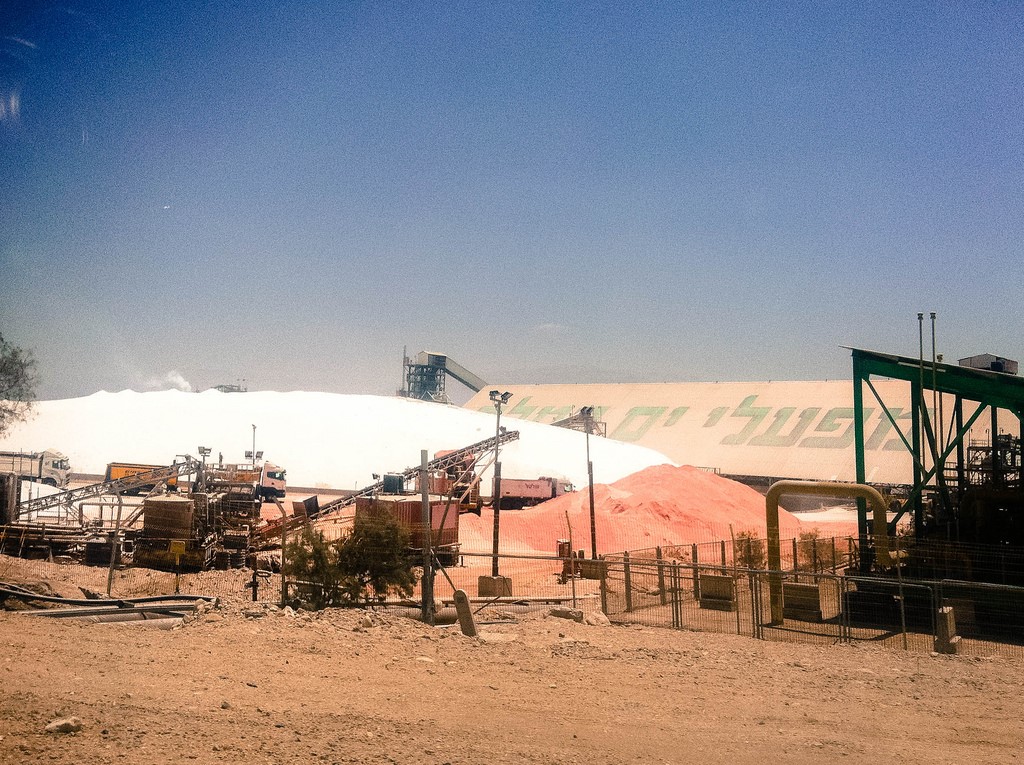MK Dov Khenin (Hadash) called on Prof. Eitan Sheshinski – who heads a committee to review natural resource taxation policies – to withstand pressure from privatized Israel Chemicals (ICL) to reduce royalty and tax rates. The Sheshinski 2 Committee recommended in May that companies exploiting the country’s natural resources be charged a tax rate on all excess profits – known as a surtax – of 42 percent, stressing that such a tax would provide the state with NIS 500 million annually. In addition, committee members recommended setting a uniform royalty rate on natural resources of 5%, to “remain consistent with global conditions.”
After hearing the recommendations in May, Israel Chemicals responded by freezing an investment program worth more than $1 billion, protesting that the high taxes “would reduce its competitive edge globally.” At the time, the company said that such changes “would necessitate cost-cutting and layoffs within the firm.”
Khenin sent the letter to Sheshinski following a report in Yediot Aharonot that morning indicating that the committee may be caving to pressure of Israel Chemicals to significantly reduce its required royalties. “We must reject out of hand the shameless threats of the company to reduce its activities in Israel or close factories,” Khenin wrote. Khenin discouraged Sheshinski from surrendering to what he described as the “emerging trend to succumb to the pressure of Israel Chemicals.”
Reminding Sheshinski that the 2013 net profit of Israel Chemicals stood at $819m., Khenin stressed that only recently the company approved the dividends of about half a million shekels to shareholders. The Knesset member accused the company of emphasizing its exclusivity on Dead Sea resources, which he said has given Israel Chemicals a competitive advantage around the world. “Israel Chemicals has no option to take the Dead Sea with it on a plane, if the company decides to leave Israel,” Khenin wrote.
Rather than merely imposing a surtax on the company’s excess profits, Khenin recommended increasing royalties collected on resource development as well. He particularly pointed out that after various deductions, the royalty rate on phosphate mining currently only stands at 0.8%. “Our starting point must be completely different. Natural resources belong to the Israeli public,” Khenin said. Like Khenin, representatives of Adam Teva V’Din and the Movement for Quality Government also sent letters to Sheshinski. The organizations demanded not only that committee members refrain from caving in to pressure, but also that they expand and adapt their recommendations further in accordance with public opinion.
Related:
Israel Chemicals’ Dead Sea workers protest Potash Deal
MK Khenin: The budget for the Dead Sea rehabilitation like an aspirin to a cancer patient
Cabinet again rejects Khenin’s Dead Sea bill
Dead Sea petition reaches 16,000 signatures
MK Khenin on the Dead Sea future: the polluter must pay



